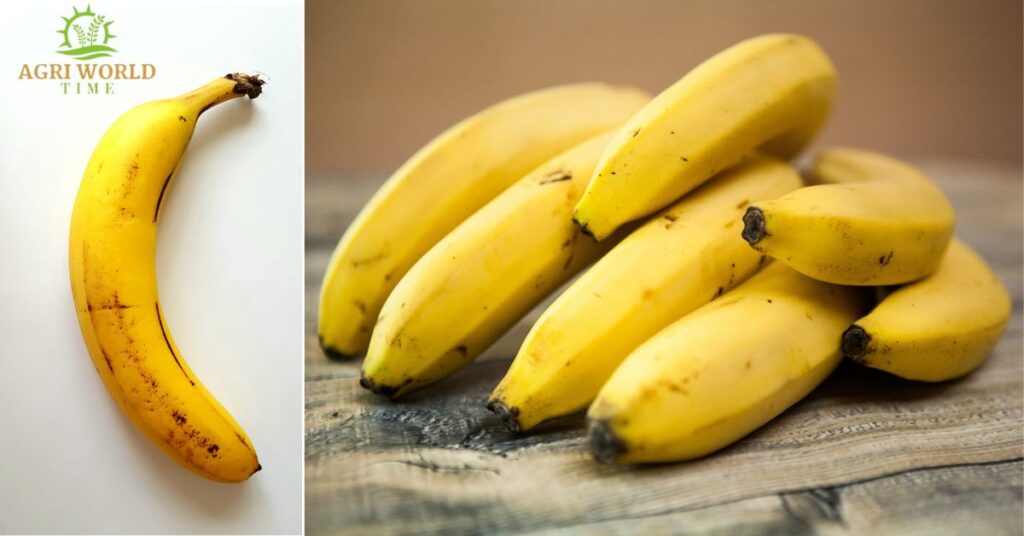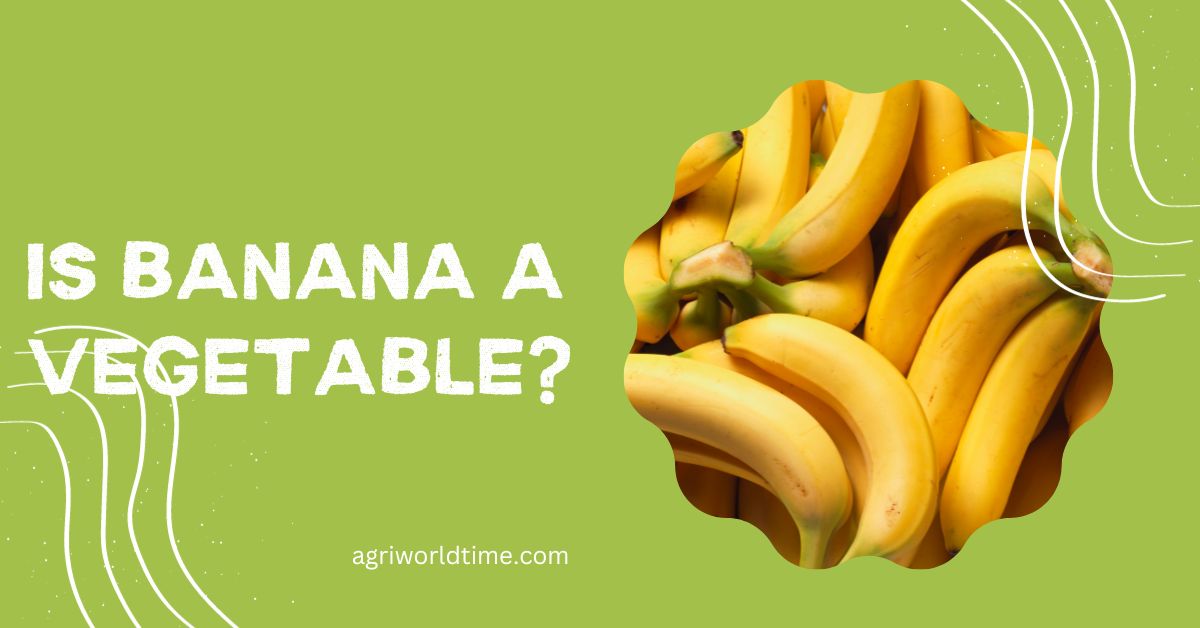In the realm of fruits and vegetables, questions can often stir up confusion, and one such question that frequently emerges is, “Is banana a vegetable?” This seemingly straightforward query can open the door to a deeper exploration of bananas. As we venture into the fascinating world of bananas, it’s essential to note that global banana production has steadily increased over the past decade, as per data from Statista. In 2021, the worldwide production of bananas reached an impressive milestone, boasting a total volume of approximately 125 million tons. This intriguing statistic adds an extra layer of complexity to the discussion of bananas, touching on both their botanical classification and culinary versatility, which we will unravel in this article.
The Botanical Perspective
Bananas, scientifically known as Musa, belong to the family Musaceae and are native to tropical regions. To understand whether bananas are fruits or vegetables, we need to look at their botanical characteristics.
Botanical Definition
From a botanical standpoint, bananas are, without a doubt, fruits. More specifically, they are classified as berries. A berry, in botanical terms, is a fleshy fruit produced from the ovary of a single flower, and bananas fit this description perfectly.
Growth and Reproduction
Banana plants produce flowers that eventually develop into the familiar yellow fruits we enjoy. These fruits contain seeds, although they are tiny and often not viable for reproduction. In most cultivated banana varieties, the seeds are reduced to a negligible size, making them essentially sterile.

Banana Anatomy
Bananas have a characteristic structure, with soft, edible flesh protected by a peel. The flesh is rich in nutrients and sugars, making it a popular choice for snacks and smoothies.
The Culinary Perspective
Now that we’ve clarified the botanical side of things, let’s consider the culinary aspect of bananas.
Culinary Use
In the kitchen, bananas are commonly used as a fruit due to their sweet taste and soft texture when ripe. They are consumed raw, added to desserts, and even used as a primary ingredient in baking, such as banana bread.
Banana as a Vegetable?
Interestingly, while bananas are undoubtedly fruits botanically, in some cuisines, they are occasionally treated as vegetables. In parts of Southeast Asia, unripe green bananas are used in savory dishes. They are cooked and served in stews, curries, and fried snacks, much like other vegetables.
Plantains
Plantains, a close relative of the banana, are often considered vegetables because of their starchy nature. They are less sweet than regular bananas and are typically cooked before consumption. Plantains are popular in many Latin American and African cuisines.
Nutritional Value
Nutrient Profile
Bananas, whether classified as fruits or vegetables, offer a host of nutritional benefits. They are a good source of potassium, vitamin C, and dietary fiber. Their natural sugars provide a quick energy boost.
Health Benefits
Regular consumption of bananas can aid in digestion, regulate blood pressure, and support heart health. Their high potassium content helps maintain electrolyte balance in the body.
Common Misconceptions
A Botanical Twist
One common misconception is that all fruits should contain seeds. As mentioned earlier, this is not the case with bananas, as they often have tiny, undeveloped seeds.
Bananas vs. Plantains
Another source of confusion is the distinction between bananas and plantains. While they are closely related, they have distinct culinary uses and flavors.
Conclusion
In conclusion, while the botanical classification of bananas as fruits is clear, their culinary versatility blurs the lines between fruits and vegetables. Whether you enjoy them as a sweet snack or incorporate them into savory dishes, bananas offer a wide range of flavors and health benefits. So, the next time someone asks, “Is banana a vegetable?” you can confidently say that it depends on how you plan to savor this delightful tropical treat.
FAQs
1. Are bananas a type of berry?
Yes, bananas are classified as berries from a botanical perspective. They are considered “simple berries” because they develop from a single ovary.
2. Why are some bananas seedless?
Many cultivated banana varieties have tiny, undeveloped seeds, making them essentially seedless. This characteristic is a result of selective breeding.
3. Can you cook with ripe bananas like you do with plantains?
Ripe bananas are best suited for sweet dishes, while plantains, with their starchy nature, are more commonly used in savory cooking.
4. Are there any vegetables that are botanically fruits?
Yes, several vegetables are botanically fruits, including tomatoes, cucumbers, and eggplants.
5. Do bananas have health benefits?
Yes, bananas are rich in potassium, vitamin C, and dietary fiber, making them beneficial for heart health, digestion, and overall well-being.

